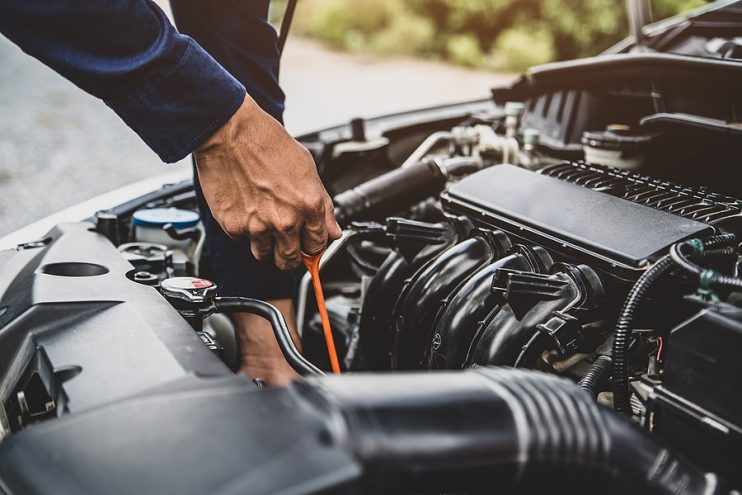
As car’s become more advanced, some of the older rules that were applicable to car maintenance schedules are no longer true. However, because many of these are passed around via word of mouth, they can take quite a time to disappear from common culture.
Follow the wrong advice, and there’s a real-life implication. You could find yourself stumping up cash for unnecessary costs or reducing your vehicle’s performance. Worse still you could end up doing some serious damage to car parts that leaves you requiring replacements, and a mechanic’s bill for labour.
What are some of the best-known car maintenance myths that are simply no longer true?
Replacing Oil Every 3000 Miles
This may have been a good rule of thumb in the past, and it’s no surprise that some garages and oil companies are still giving this idea a good old outing, however, it’s not true. The world has moved on with advancements in both synthetic oils and the design of engines more than doubling the required replacement requirement to around 7,500 miles in some instances.
Ultimately, all cars are different. Check your owner’s manual to avoid wasting money with overly frequent changes. And there’s no ‘be on safe side’ here either, as there is no benefit to changing your oil early.
Additionally, your air filter won’t always need to be replaced when you have an oil change, even though some garages will often try to upsell you this service. Again, use your owner’s manual to find the recommended service schedule for the part and stick to the manufacturer’s advice.
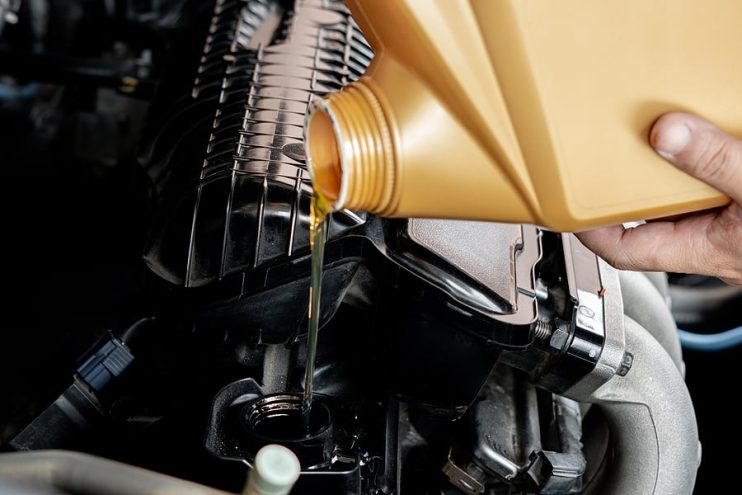
Warranty will be Voided if Your Repairs Aren’t Completed by a Dealership
There are dealerships out there that will try to suggest that you’ll void any warranties on your car should you go to an independent garage. However, you can use any mechanic and as long as you adhere to the required service and maintenance schedule, your warranty should still be valid. And if you have the skills and expertise, you’re even allowed to make your own repairs on the car.
Simply keep all receipts for any new parts and labour, should the manufacturer want to see them. There is one situation however where you must take your car to a dealer, which is in the case of a recall.
Always Replace More than One Tyre at the Same Time
It’s incredibly expensive to replace all 4 tyres at once; and you should rarely need to, unless you’re driving a 4×4 (as only this type of car requires that you change all tyres at once). You may need to replace two at once if you need to balance out the grip on both sides (for instance if both tyres are very worn). Yes, when you replace a tyre, you will need to buy the same brand, size, and model of tyre you have on all the wheels. And if you want to squeeze out a little more life out of each one, then we’d suggest regularly rotating your tyres.
It’s not always necessary to buy a new tyre if you get a puncture (for instance if you run over a nail), as your local garage may be able to patch this up for you with little to no loss of performance.
Any Grade of Fuel will Work in Your Car
Trying to cut down on your car costs by using cheaper, low-grade fuel in a premium vehicle that needs high grade fuel will most likely cause some engine damage. Equally using high grade fuel when it’s not required can lead to reduced fuel efficiency and deposit of carbon in the drive train, which could see you furnished with an unwelcome maintenance bill. Check the owner’s manual and always purchase the recommended fuel type.
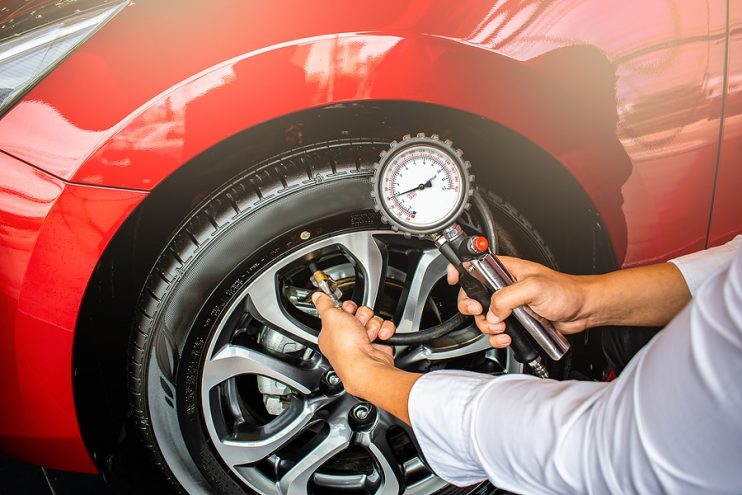
Must Keep Tyres at Recommended Pressure Level
Whilst the embossed information that gives you the manufacturer’s recommended pressure levels on the side of a tyre is useful, it certainly isn’t gospel. Whilst it does represent the maximum pressure appropriate for your tyres, your vehicle will often have a better ride quality and fuel economy at a lower psi. You’ll find your vehicle’s recommend pressure levels in the owner’s manual, in the glovebox on the driver’s door frame or even inside the door of your fuel cap housing.
Also, if you are going to check your tyre pressure, remember that activity and heat can increase the pressure, giving you a false reading. Always check the pressure when it’s cooler in the first hours of the day – or when the vehicle has been at rest for 3 hours in the shade.
Engine Needs Warming Up Before You Drive
Again, older engines might have needed time to get going. These days with technological advancements, you don’t even have to warm the engine up in winter. Yes, cars do run more efficiently when they’ve had time for the lubricants in the engine’s bearings and transmission to get to the optimum temperature, but this is unlikely to happen in 5-10 minutes whilst parked on your drive. All you’ll do is waste money, fuel, and cause a little more damage to the environment.
Get Better Fuel Economy by Turning Off the Aircon
Whilst it is true that the car burns more fuel when you’re using the aircon, it’s a myth that you can offset this loss by opening the windows. Cars are designed to be aerodynamically balanced, ensuring that drag is minimalised. If you open the windows on a car then this increases the air resistance, costing you more-or-less the same fuel as you’re saving on air conditioning.
Our Final Word
There are lots of motoring myths out there; you’ll find them everywhere from the local pub to some of the less than reputable forums. Hopefully our words will give you the information you need to save time, grief, and money (and perhaps save your embarrassment too from putting your foot in your mouth at your favourite garage). And whilst you’re here why not have a look at our oil myths – keeping your engine ticking over properly – or on the driving tip, our motorway and speed camera myths could ensure you stay safe.

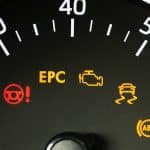
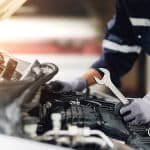
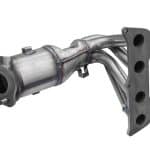
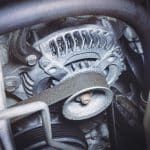
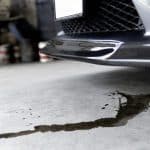



.png)